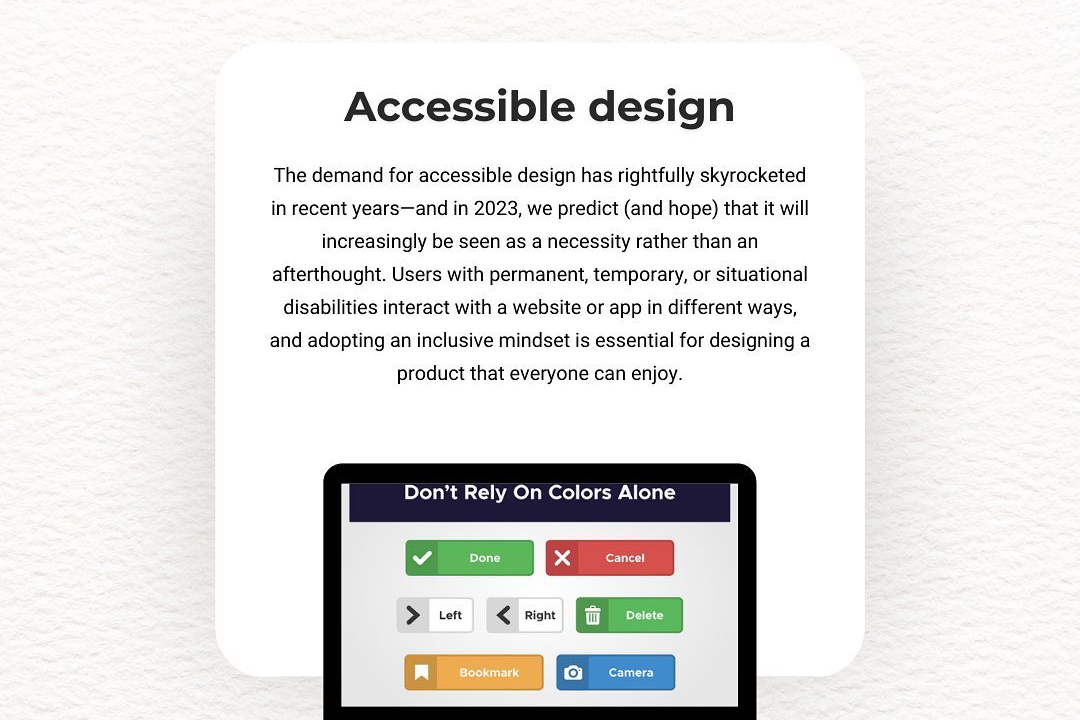Fundamentals Of IOS Programming
Essential Concepts of iOS Development
Fundamentals Of IOS Programming
Fundamentals of iOS programming involve understanding the core concepts and components of the iOS platform, which is Apple's operating system for mobile devices. At the heart of iOS development is the Swift programming language, known for its performance and safety, along with an understanding of Objective-C as an alternative. Key frameworks such as UIKit and SwiftUI are essential for building user interfaces, allowing developers to create responsive and visually appealing layouts. Familiarity with the Model-View-Controller (MVC) design pattern is crucial for organizing code, alongside knowledge of essential concepts like app lifecycle, memory management, and asynchronous programming. Additionally, mastering tools like Xcode, Apple's integrated development environment (IDE), and the use of Interface Builder for designing user interfaces is vital. Developers also need to understand the App Store guidelines for app submission and distribution, ensuring compliance with Apple's policies. Overall, a solid grasp of these fundamentals is essential for creating efficient, robust, and user-friendly iOS applications.
To Download Our Brochure: https://www.justacademy.co/download-brochure-for-free
Message us for more information: +91 9987184296
1 - Overview of iOS: Understanding the iOS platform, its architecture, and the ecosystem. Introduction to Apple’s App Store and the significance of iOS development.
2) Development Environment: Familiarization with Xcode, Apple's integrated development environment (IDE) for iOS applications. Overview of project setup, interface design, and code editing features.
3) Swift Programming Language: Introduction to Swift, the primary programming language for iOS development. Covering syntax, data types, control flow, and error handling.
4) User Interface Design: Exploring UIKit framework components (such as buttons, labels, and text fields), and understanding how to create user interfaces using both Interface Builder and programmatically.
5) Auto Layout and Constraints: Learning about Auto Layout for building responsive interfaces that adapt to different screen sizes and orientations through constraints and layout guides.
6) View Controllers: Understanding the role of View Controllers in iOS apps, including navigation, data handling, and lifecycle management.
7) Table Views and Collection Views: Learning how to display lists of data using UITableView and UICollectionView, including customization for cells and handling user interactions.
8) Data Persistence: Introduction to data storage options in iOS such as UserDefaults, Core Data, and file storage to save user data and app states.
9) Networking and API Integration: Understanding how to make network requests using URLSession, and handle JSON data to connect apps with remote services and APIs.
10) Asynchronous Programming: Exploring GCD (Grand Central Dispatch) and Operations for managing tasks concurrently, to keep the user interface responsive.
11) Debugging and Testing: Mastering the debugging tools in Xcode, writing unit tests with XCTest, and understanding best practices for ensuring code quality.
12) Notifications and Background Tasks: Learning how to use local notifications, push notifications, and perform background tasks to enhance user engagement and app functionality.
13) App Lifecycle and State Restoration: Understanding the lifecycle of an iOS app, including various states (active, inactive, background), and how to save and restore state.
14) App Store Submission Process: Overview of the requirements, guidelines, and processes for submitting an app to the App Store, including dealing with provisioning profiles and certificates.
15) Best Practices and App Optimization: Learning best practices in iOS development such as memory management, app performance optimization, and user experience considerations.
16) Introduction to SwiftUI: A brief introduction to SwiftUI, Apple's declarative framework for building user interfaces across all Apple platforms, highlighting its differences from UIKit.
17) Version Control with Git: Understanding the importance of version control in collaborative development using Git and GitHub for source code management.
This structured curriculum provides a comprehensive overview of iOS programming concepts and prepares students for real world application development.
Browse our course links : https://www.justacademy.co/all-courses
To Join our FREE DEMO Session: Click Here
Contact Us for more info:
- Message us on Whatsapp: +91 9987184296
- Email id: info@justacademy.co
Software Testing Certification Course Online In India
data science and machine learning course












